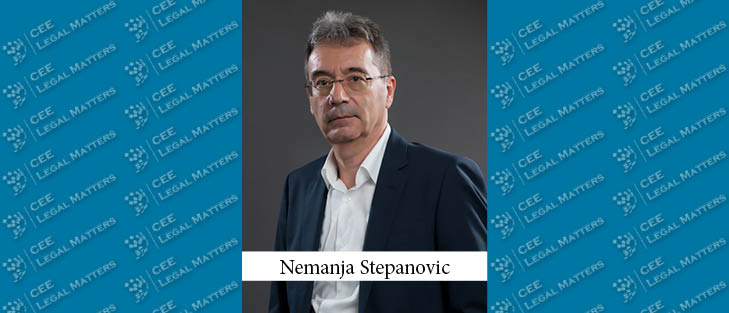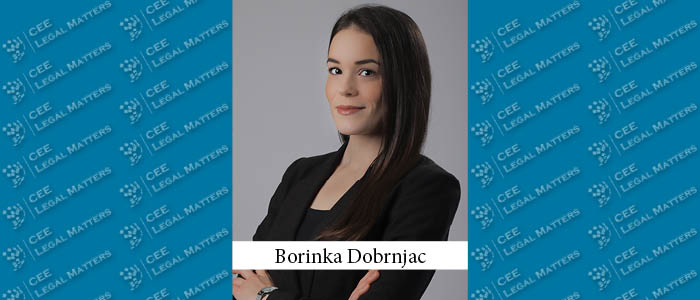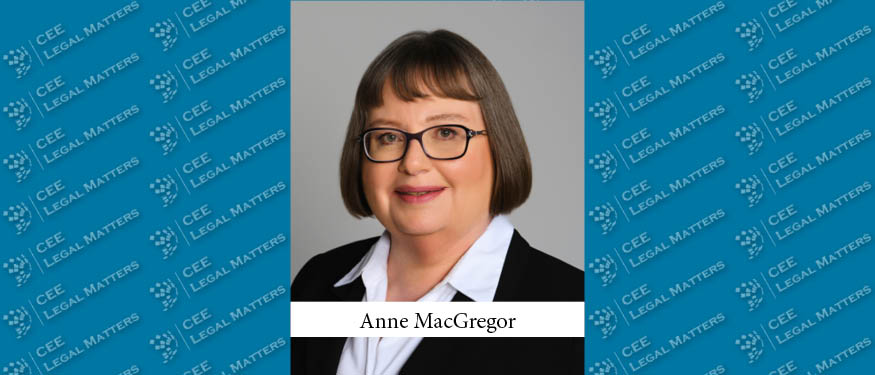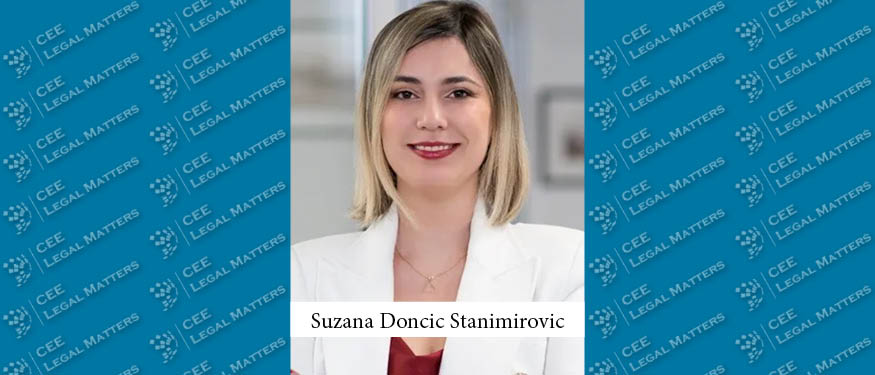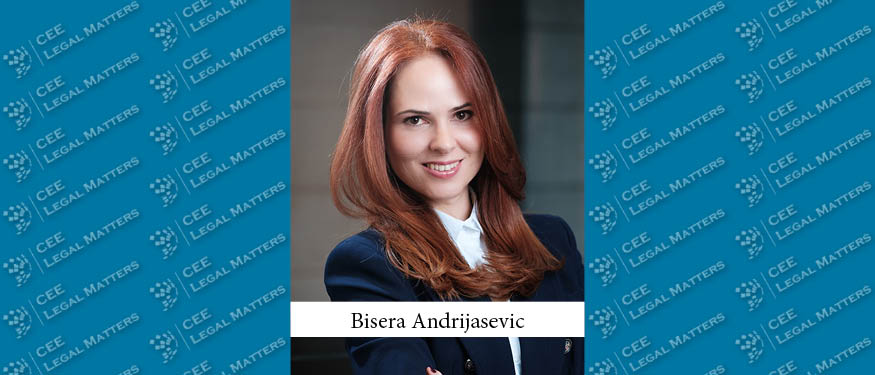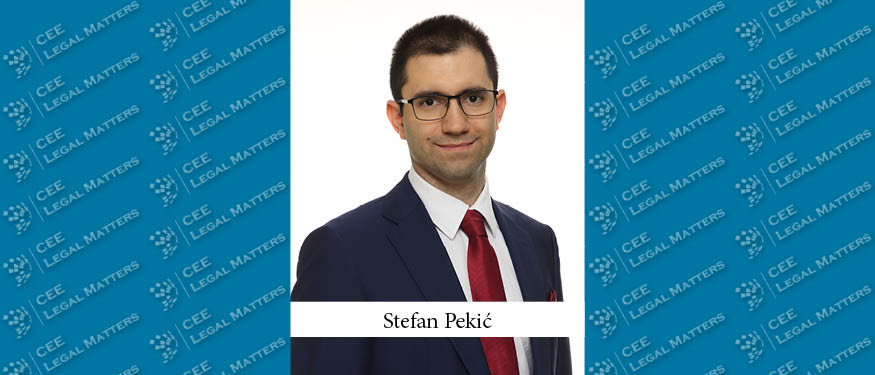The humble "Out of Office" (OOO) reply, once a simple courtesy notice, is evolving into a powerful symbol of shifting corporate values and a frontline defense in the battle for genuine work-life balance, especially during the precious holiday season.
Schoenherr, CMS, and RRH Legal Sarajevo Advise on Sale of 80% Stake in Baupartner to Molins–Titan JV
Moravcevic Vojnovic and Partners in cooperation with Schoenherr has advised the shareholders of Baupartner on the sale of an 80% equity stake to a joint acquisition vehicle formed by Molins and Titan. CMS and RRH Legal Sarajevo advised Molins and Titan.
Legal Aspects of Work via Digital Platforms: Initiatives and Guidelines of the International Labor Organization
With the development of the digital economy, new forms of work organization and performance have emerged, particularly through digital labor platforms (e.g., Glovo, Wolt, Uber, Upwork, Freelancer).
NSTLaw Advises Celanova on Acquisition of Immocentar Shopping Center in Belgrade
NSTLaw has advised Celanova on its acquisition of Immocentar.
New Serbian Regulation on Palm Oil Products: A Shift in Labelling and In-Store Presentation
As of 1 August 2025, the newly adopted Regulation on Additional Requirements for the Placement on the Market of Products Containing Palm Oil, Palm Fat, or Other Vegetable Oils and Fats (the “Regulation”) will come into effect in Serbia, marking a significant development in the regulatory framework at the intersection of food law and consumer protection.
Gecic Law Opens Brussels Office
Gecic Law has opened up an office in Brussels under the helm of Partner Anne MacGregor.
Denmark’s Proposed Copyright Law Amendments to Deal with Deepfake Misuse — Where Is Serbia?
Europe has already begun regulating deepfakes. The EU’s AI Act emphasises transparency, risk management and conformity assessments for high-risk AI, but does not create new individual rights against deepfake misuse. It requires providers of systems that generate or manipulate deepfake media to embed machine-readable markings (e.g. watermarks or metadata) flagging content as AI-created, and obliges deployers (platforms or publishers) to “clearly and distinguishably” label any deepfake outputs as AI-generated.
BDK Advokati Advises Fagron on Entry into Serbian Market via Dual Acquisition
BDK Advokati has advised Fagron BV on its entry into the Serbian market through the acquisition of Uni-Chem and SB Trade. Four Legal reportedly advised Nenad Sunjevaric on the sale of Uni-Chem.
Jelisaveta Folic Joins Max Bet as Legal Associate
Former Kinstellar Associate Jelisaveta Folic has joined Max Bet as a Legal Associate.
Provisional Measures in Serbian Arbitration – Part One: The Role of National Courts and Arbitral Tribunals in Granting Interim Relief
Properly defined, provisional measures are awards or orders issued for the purpose of protecting one or both parties from the potential damage during the court process. Most often, provisional measures are intended to preserve a factual or legal situation in order to safeguard a right, the recognition of which is sought from the court having jurisdiction over the substance of the case. Additionally, provisional measures can extend beyond merely preserving the factual or legal status quo to require restoring a previous state of affairs or taking new actions.
NKO Advises and Radovanovic Stojanovic & Partners Advise on Sopharma's Full Acquisition of Pharmanova
NKO Partners has advised Sopharma on its full acquisition of Pharmanova. Radovanovic Stojanovic & Partners advised Pharmanova.
Using GIs: How Much Flavour Is Enough?
Many products on the market today are protected by geographical indications (GIs). GIs serve as a mark of quality, assuring consumers of the unique characteristics, taste, and origin of a product. This is especially important for food and beverages, where specific taste profiles often drive consumer loyalty. For example, Parmigiano Reggiano is celebrated for its complex, layered flavour with nutty notes – qualities that keep consumers coming back.
Competition in Serbia – Calm Before the Storm?
Serbia’s competition landscape has been relatively quiet on the surface for the last year and a half. However, the pressure is mounting, and major developments may be around the corner. Enforcement has slowed down, but the Commission for Protection of Competition (Commission) seems to be preparing the ground for a new wave of enforcement activity across key sectors.
Serbia: The Intersection of Life Sciences and the Legal World
In Serbia, the regulatory authority for the life sciences sector is the Medicines and Medical Devices Agency. This agency oversees a diverse array of functions aimed at ensuring that medicines and medical devices are safe, of high quality, and effective. It is also responsible for approving clinical trials, ensuring adherence to the rigorous standards of good clinical practice. An essential component of this process is the ethics committee, an independent expert body that reviews clinical trials. This committee is composed of specialists from the fields of medicine, law, ethics, and other relevant disciplines, tasked with protecting the rights, safety, and well-being of trial subjects while also ensuring public protection of their rights.
ESG Imperatives and Legal Challenges in Serbian Logistics
In today’s business landscape, the implementation of Environmental, Social, and Governance (ESG) standards has become crucial for the long-term sustainability and competitiveness of companies in various industries. ESG standards increasingly shape the business strategies of companies from various sectors. The implementation of ESG standards in the transport and logistics sector brings with it various difficulties, but also considerable benefits. However, given that it is widely known how much the logistics and transport sector affects the environment (primarily due to the greenhouse effect), and how important this sector is for the global economy, the application of ESG standards in this sector becomes a conditio sine qua non.
Recent Labor Trends and Developments in Serbia
Although Serbia’s Labor Law has remained unchanged for years, adjacent legislative developments reflect how employers are adapting to evolving workplace realities. Two such areas, work from home and labor shortages, have been addressed through the new Law on Safety and Health at Work and updated regulations on employing foreign nationals, both adopted in 2023. These developments indicate a gradual but meaningful adjustment in regulatory priorities in response to practical challenges faced by employers.
Serbia’s CBAM Readiness and Carbon Pricing Framework
As an EU candidate country, Serbia has committed to aligning its climate policies with the European Green Deal and the Green Agenda for the Western Balkans. Since the launch of the Berlin Process in 2014, Serbia has made tangible progress, including the adoption of the Law on Climate Change in 2021 as the legal foundation for its transition toward climate neutrality by 2050.
The Rising Importance of Shareholders’ Agreements in Serbia’s Economy
After attracting EUR 5.2 billion in foreign direct investment in 2024, Serbia continues to attract significant investment interest across energy, real estate, and manufacturing sectors in 2025. With this renewed inflow of capital and expansion of joint ventures, the nuances of shareholder relationships in limited liability companies are coming into sharper focus, especially for founders, joint venture partners, and minority investors. While the Companies Act offers a legal foundation in this climate, much of the real control and protection lies in what is known as the “shareholders’ agreement,” a private contract that defines how shareholders invest, cooperate, and exit.

